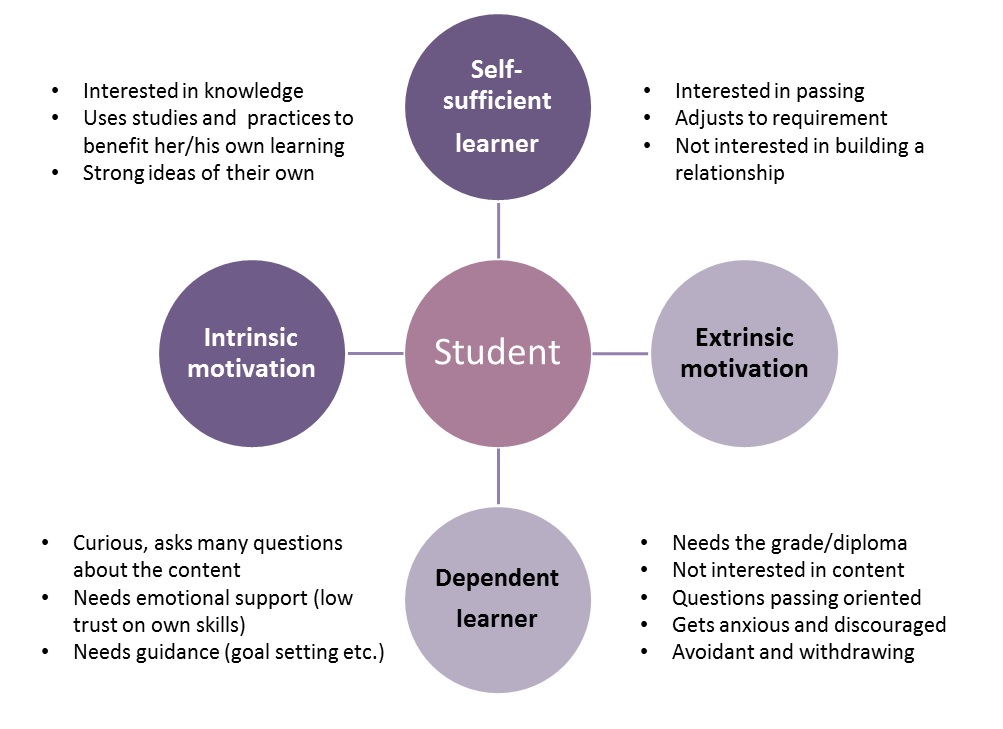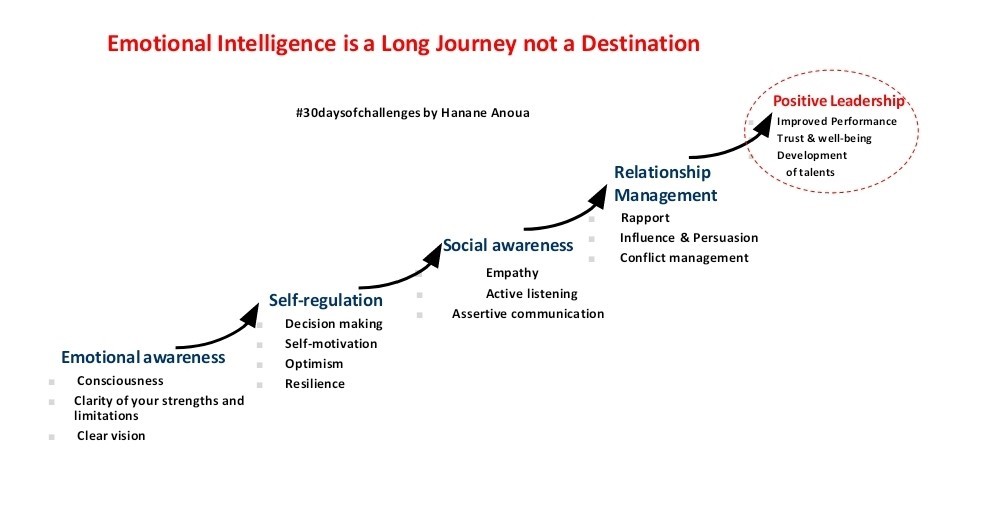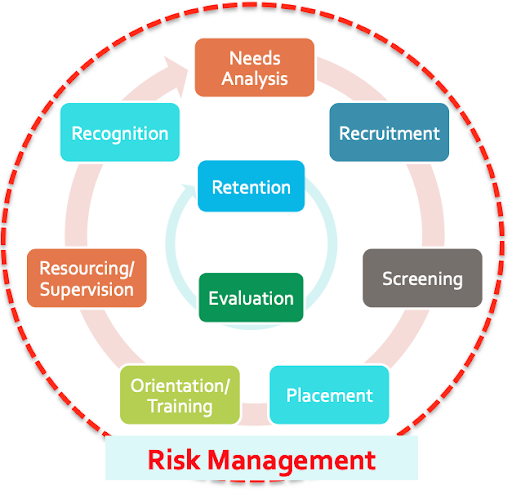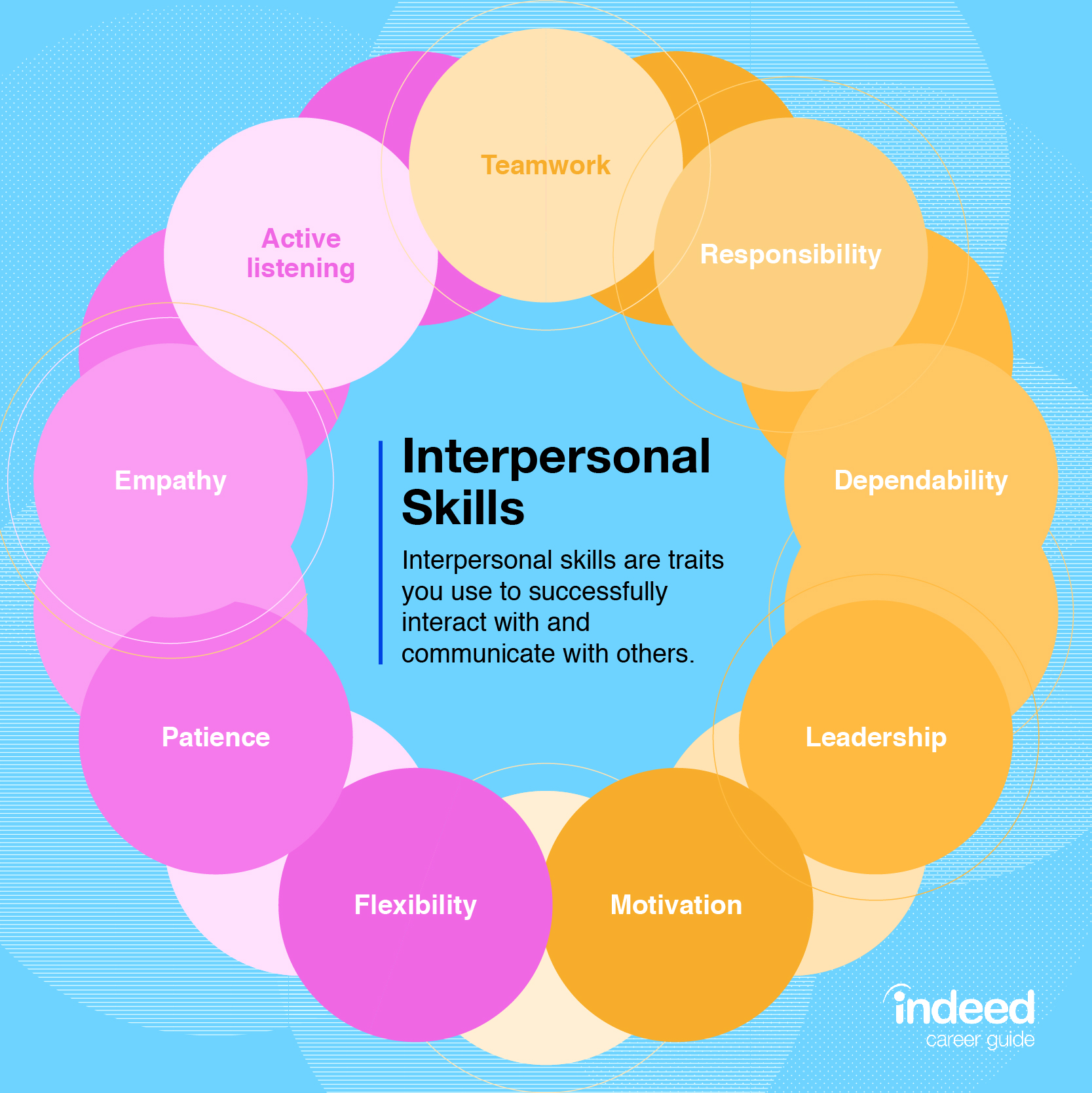Harnessing the Power of Lifelong Learning – A Guide to Self Improvement
Introduction:
In today’s rapidly evolving world, the importance of lifelong learning cannot be overstated. The ability to adapt, grow, and acquire new skills is crucial for personal and professional development. Lifelong learning opens up opportunities, enhances creativity, and keeps us engaged in an ever-changing society. In this blog post, we will explore the benefits of lifelong learning and provide you with a comprehensive guide to self-improvement, enabling you to harness the power of continuous learning in your life.
1. The Benefits of Lifelong Learning:
Lifelong learning offers numerous advantages that can enhance your personal and professional life:
a) Improved employability: Continuously acquiring new skills and knowledge makes you more marketable in a competitive job market. Employers value individuals who demonstrate a commitment to learning and self-improvement.
b) Personal growth: Lifelong learning promotes personal growth by expanding your horizons, exposing you to new ideas, and expanding your understanding of the world. It fosters a sense of curiosity and intellectual stimulation.
c) Enhanced creativity: Learning new things challenges your thinking patterns and encourages innovative thinking. It sparks creativity and enables you to approach problem-solving from different perspectives.
d) Increased self-confidence: Mastering new skills and achieving personal goals through learning boosts self-confidence. It validates your abilities and empowers you to tackle challenges with a positive mindset.
2. Identifying Your Learning Goals:
Before embarking on a lifelong learning journey, it’s important to identify your learning goals. Consider the following steps:
a) Reflect on your interests: Determine what areas you’re genuinely passionate about or curious to explore further.
b) Assess your strengths and weaknesses: Identify areas where you want to enhance your skills or knowledge. Focus on both personal and professional development.
c) Set specific and measurable goals: Define clear objectives regarding what you want to achieve through your learning efforts. Break them down into smaller milestones for better tracking.
3. Choosing the Right Learning Pathways:
Lifelong learning offers a multitude of avenues to acquire new knowledge and skills. Consider the following options suitable for self-improvement:
a) Online courses and webinars: Platforms like Coursera, Udemy, and Khan Academy offer a wide range of courses on diverse subjects. Search for courses aligned with your goals and preferences.
b) Reading and self-study: Books, articles, and research papers are great sources of knowledge. Make it a habit to read regularly and delve into subjects that interest you.
c) Networking and mentorship: Engage with professionals in your field, attend conferences, and seek out mentors who can guide your learning journey.
d) Joining clubs and communities: Participating in clubs, communities, or discussion forums centered around your interests provides opportunities for learning and collaboration.
4. Creating a Learning Routine:
To make lifelong learning sustainable, creating a learning routine is essential. Consider the following steps:
a) Schedule dedicated learning time: Set aside specific time slots for learning activities in your daily or weekly schedule.
b) Break down your learning goals into smaller tasks: Divide your goals into manageable chunks to avoid overwhelm and track progress more effectively.
c) Prioritize consistency over intensity: Consistency is key to lifelong learning. Even allocating a small amount of time every day adds up over time and ensures continuous improvement.
d) Stay motivated and engaged: Find ways to keep yourself motivated, such as rewarding milestones or joining study groups to maintain accountability.
5. Embracing a Growth Mindset:
Adopting a growth mindset is crucial for successful lifelong learning. Embrace the following mindset principles:
a) Embrace challenges: Challenges are opportunities for growth. Embrace them rather than avoiding them.
b) Emphasize effort and perseverance: Understand that effort and persistence are more important than immediate results. Learning takes time and dedication.
c) Embrace failure as a learning opportunity: View failure as a stepping stone towards improvement. Learn from your mistakes and use them as feedback to refine your path.
Conclusion:
Lifelong learning is a powerful tool for self-improvement and personal growth. By harnessing the benefits of continuous learning, you can enhance your employability, boost your creativity, and cultivate a sense of personal fulfillment. Identify your learning goals, choose suitable pathways, establish a routine, and embrace a growth mindset to make the most of lifelong learning. Start your journey today, unlock your potential, and embrace the lifelong adventure of learning.











